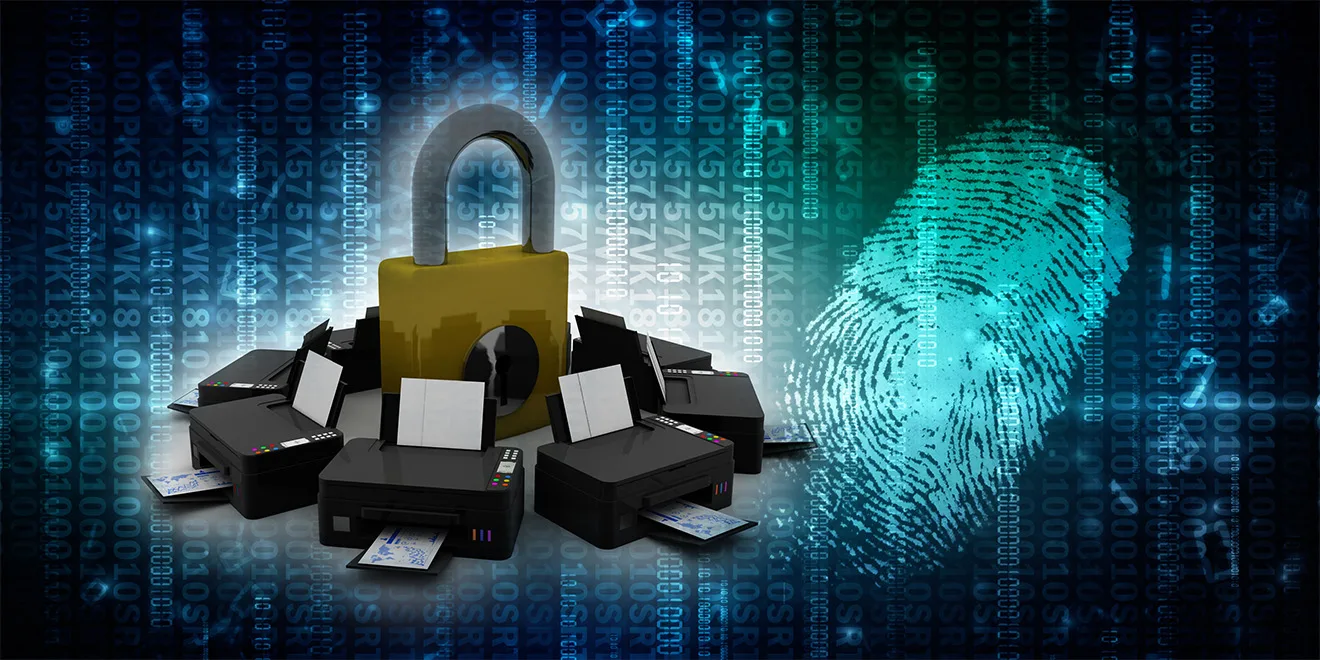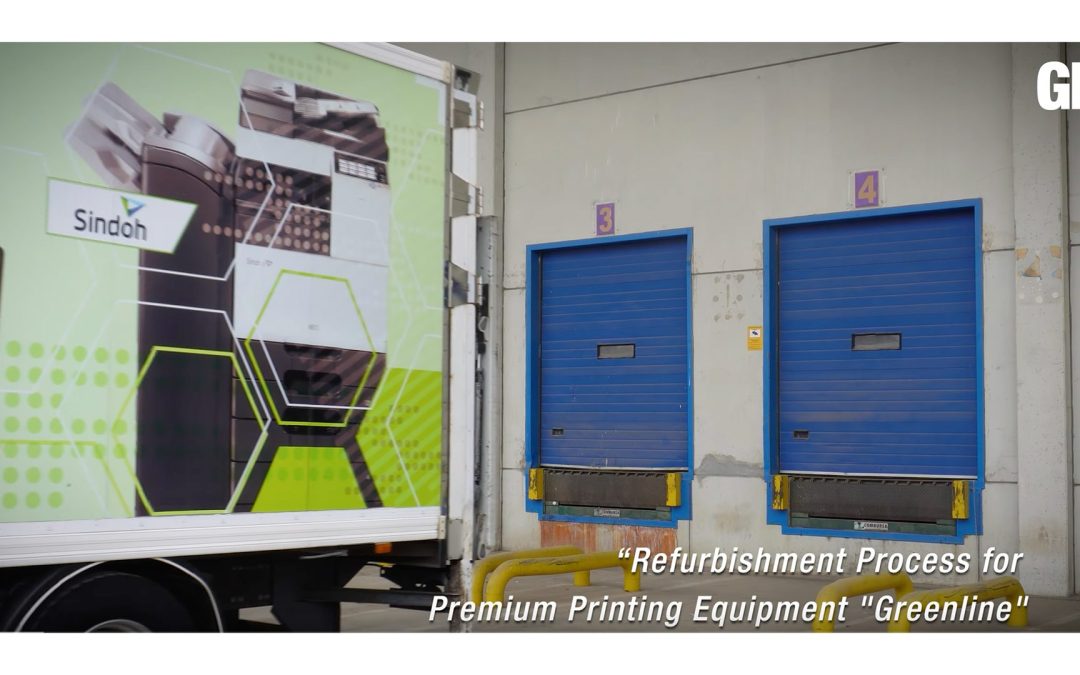HP defends its printer cartridge policy, citing security risks. Experts and lawsuits challenge the validity and motive behind these claims.
HP Dynamic Security feature is in many of their printers to restrict the use of non-HP ink cartridges. In an interview with CNBC, HP CEO Enrique Lores defends this move, citing security concerns such as the potential risk of malware being introduced into printers and networks through third-party cartridges.
This claim is primarily based on a 2022 research article funded by HP. However, many security experts have expressed suspicion about the validity of these concerns, arguing that, to date, no malware has been passed to a network via a third-party consumable. The risk is, therefore, minimal and could be mitigated in other ways without turning off printers using non-HP cartridges.
Additionally, HP has faced multiple lawsuits over this policy, including class-action and antitrust cases in various regions. Despite the legal challenges and significant financial settlements, the company remains committed to this strategy. Lores explains this stance to protect HP’s intellectual property in its printers and inks and mentions HP’s interest in a subscription model for printer ink to generate recurring revenue.
Industry watcher David Connett, a partner at Connett & Unland GbR, said of the HP-funded report: “Dynamic Security was introduced in 2016, and the quoted research was only published in 2022, so you might think that the research was commissioned to help justify their tough lockout position for third party consumables.”
Meanwhile, research undertaken for The Recycler has not found any malware issues originating from third-party consumables.
“HP is driving the out-of-date razor and blades business model, selling printers below cost and making money on the consumables. But consumers are savvy and will march with their feet to other brands like Canon, Brother and Epson.” Connett added.
Consumer reaction to the YouTube CNBC interview was pretty universal in their lack of support for HP:
@Hypernerdwithcam – “Thanks for making it clear to never buy HP printers ?”
@JM-if1mo – “Can this level of greed survive? I’ve lost interest in HP Ink cartridge printers a long time ago.”
@alexisdufrenoy1573 – “If that guy keeps explaining to printer customers why he feels entitled to rip them of, HP will soon be out of business, at least on the printer market.”
@anderbeau – “HP recently released “antivirus” update that will brick your printer if using 3rd party cartridges… ya know… protecting you from the COVID in your ink ?”
@Dweller84 – “Fascinating seeing a big tech company flushing itself down the toilet in real time. Farewell HP. We had a good time that is already long gone…”
@NortheastToner – “It looks like the guy to the left of the guest needs to call me about his paper jam issue. Also, the managed HP print is not a good idea. Costs are higher than buying toner cartridges. He also forgot to mention that remanufacturers that reuse the original HP chip are allowed to have their toner cartridges inside of the HP printers. They are just trying to blast out the compatible toners manufactured in China. Which I don’t blame him.”
Our take on this: Amidst criticism and legal issues, HP’s Dynamic Security feature remains a hot topic, pitting corporate policy against consumer rights. The push for proprietary ink, allegedly for security and intellectual property reasons, has led to legal conflicts and consumer dissatisfaction. CEO Enrique Lores’ defence for this approach, prioritising long-term revenue and security, is met with widespread scepticism. This controversy suggests a potential shift in the printing industry, with consumers advocating for transparency and value. The future may see HP’s strict policies challenged by a market leaning towards openness and flexibility.





















